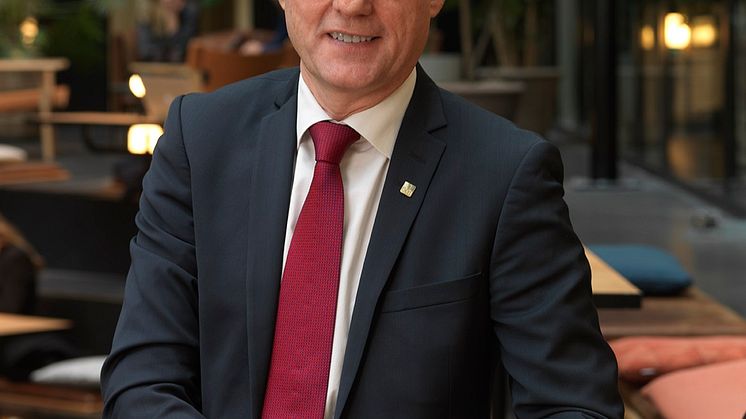
News -
Post COVID-19, NNIT is an even more Flexible Place to Work
NNIT has always been a flexible employer seeking to strike a great balance between company, team and individual needs. However, following the global pandemic and several lockdowns forcing us to work from home for long periods of time, it soon became evident that post-COVID times would mean a whole new take on the way we work.
The COVID-19 pandemic became a worldwide test of our ability to work remotely – rather than coming into the office – and previous concerns about productivity were put to shame. In NNIT, throughout the pandemic, we were able to perform to our usual high standards, just as we were able to help a lot of our customers accelerate their digital transformation, so they could stay in business and maintain operations.
And so, post COVID-19, the question was not can it be done, it was how will we perform our daily work going forward, and what are the main considerations?
Working Flexibly
As restrictions began to subside all over the world in the second half of 2021, the need for new global guidelines for remote work presented itself. It was obvious that we would not be going back to the standard practice of coming into work every day, but needed to provide a framework to guide units and employees across our international organization:

Senior Vice President Brit Kannegaard Johannesen, People, Communications & Marketing and Quality
“At NNIT, we have different operations with very different ways of working and demands for physical presence. For some employees, it is simply not possible to work from home. That’s one consideration when rethinking the way that we work together. Another very important one is that we have a very strong culture that we wish to preserve, and we believe that requires us to meet and mingle at the office on a regular basis. So, post COVID-19, our starting point was increased flexibility considering our business, our employees and our customers,” says Brit Kannegaard-Johannesen, Senior Vice President, People, Communications & Marketing and Quality
Effective September 2021, the following overarching principle now guides the NNIT remote work policy: “In NNIT, we embrace a flexible way of working and allow employees to work from home to an extent found appropriate by each unit”.
Prioritizing our Customers and our Culture
At the same time, due consideration must be made to accommodate our customers’ needs and to protect the unique NNIT culture.
We are mindful of the fact that our customers are at the center of all our operations and that many of our consultants work side by side with our customers, at their sites.
Going forward, this means that, while we offer and support flexibility, we must seek to find the right balance between working remotely, working at the customer site and/or at the NNIT office. It also means we will follow customer guidelines for remote work if the main place of work is a customer site.
“In principle, some employees could work 100% remotely, however, we will continue to encourage colleagues to come into the office regularly, so they may benefit from our NNIT culture, social connectivity, and employee engagement,” Brit Kannegaard Johannesen elaborates.
Rethinking our Facility Space
As a natural consequence of more people working from home on a regular basis, during the spring and summer, a lot of thought was put into rethinking our facility space.
“We are embracing the new hybrid ways of working, meaning that the need for a fixed workstation for all employees at any given office simply isn’t there anymore. For now, we have sublet part of our surplus space at our headquarters, but we will continually assess our need for office space as our new ways of working kick in,” says Brit Kannegaard Johannesen.
Expectedly, NNIT’s office environments will change quite a bit in the future, not least as a result of the need for more meeting rooms equipped to handle hybrid meetings in a highly functional and professional way.
“As leaders in digital transformation, we need to be a showcase for great digital and hybrid ways of working, but without neglecting the unique bonuses of meeting in person,” Brit Kannegaard Johannesen finishes.




